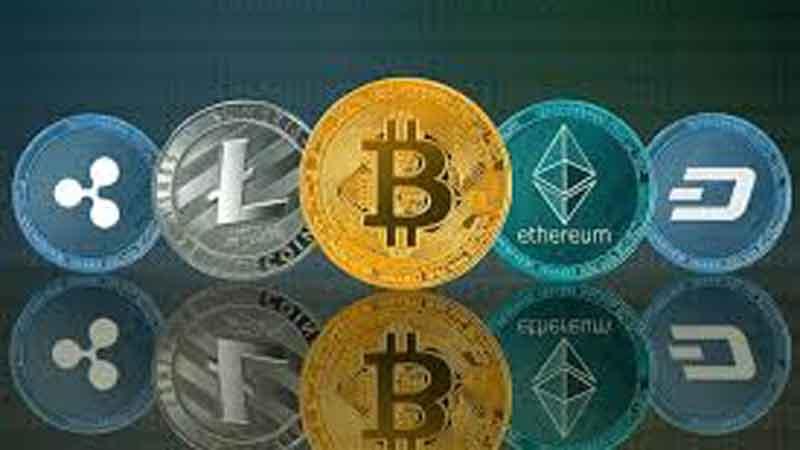
There is a huge possibility that many governments across the world will approve the use of crypto currencies to face the post ‘Covid-19’ era challenges and the need for an efficient transaction mode, said Acting Dean of the Faculty of Commerce and Management Studies at the University of Kelaniya, Senior Lecturer Dr. C.N. Wickramasinghe, speaking on missed opportunities to gain from the global digital revolution.“We have missed so many opportunities in the past such as the industrial, electronic and IT revolutions. Now we have the digital revolution and we must not miss the golden opportunity,” Dr. Wickramasinghe said. Referring to a recent tweet in which the Deutsche Bank stated: “The Covid-19 pandemic is accelerating the pace of digital currency use by central banks as the potential risk of handling cash has been felt by many governments…,” Dr. Wickramasinghe said the current health menace has come as a blessing in disguise to expedite moves for digital currency use across the globe. 
He said China, the second-largest economy in the world, has already taken certain measures by pushing its commercial banks to hold parts of its Central Bank (People’s Bank of China) deposits in the form of cryptocurrency.According to Fortune.com, China has been working on digital currency for over five years and would soon be a threat to reserves dominated by the US Dollar.
However, Dr. Wickramasinghe notes that for the growth of digital currencies, people, especially policy makers, should have a positive view about it.
The 2019 Annual report of the Central Bank shows that the service sector contribution to the country’s GDP last year was 57.4 percent. Dr. Wickramasinghe believes that a service sector driven economy as Sri Lanka can reap many benefits from a digital transformation in the finance sector.
“This is a good opportunity for us to get used to a crypto currency since we do not need to carry cash to make transactions in the service sector,” he said. However, before using cryptocurrencies in Sri Lanka, he said that several policy changes are needed in the financial sector. The conventional collateral-based banking system needs to be reformed.
“The current banking system is a major hindrance to developing the economy. Our interest rates are super high and banking activities are based on collaterals. In other words, our banking system only helps people who already have assets. It does not help people who wish to create assets,” he said.
He said it is time for Sri Lanka to open the gateways to receive direct financial transactions through e-commerce.
“The Central Bank is at the extreme-end of their anti-money laundering regulations. In the absence of services such as PayPal, many young Sri Lankan entrepreneurs face difficulties to grab international market opportunities,” he said.
‘LankaPay’ the domestic financial clearinghouse of the country is owned by the Central Bank and 26 commercial banks.
“The Central Bank is the authority which controls the financial system. If they are involved in the clearinghouse, I see it as a conflict of interest. The bank should see to the regulatory aspects. The clearing process is a business,” he stressed.
Each time a financial transaction is made through our online banking system Rs. 50 is deducted as the transaction fee. Dr. Wickramasinghe said reducing the transaction fee should be the first step towards a digital transformation in the finance sector.
While the entire concept of cryptocurrency is to eliminate the authority of Central Banks, Dr. Wickramasighe sees a danger of a hybrid system emerging where the Central Banks would introduce digital currencies to strengthen the traditional financial markets.
Cryptocurrency is a digital asset designed to work as a medium of exchange wherein individual coin ownership records are stored in a digital ledger or computerised database using strong cryptography to secure transaction record entries, to control the creation of additional digital coin records, and to verify the transfer of coin ownership. It does not exist in physical form (such as paper money) and is not issued by a central authority.
